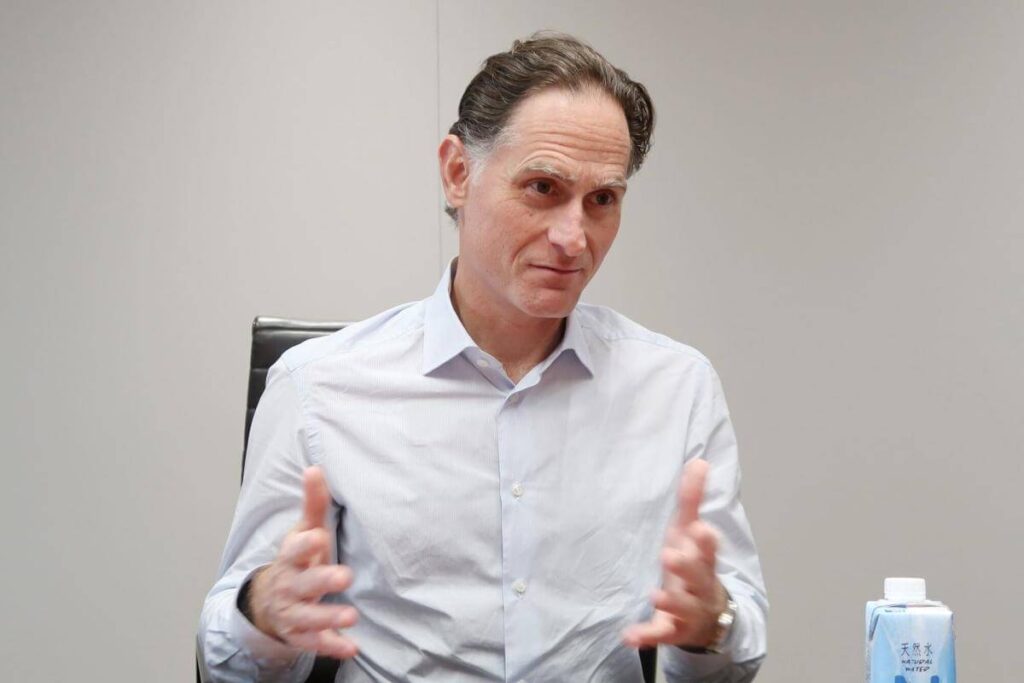Blackstone Inc., the world’s largest alternative asset manager, is eyeing India and Japan as its most active markets in Asia for 2024, driven by its capital allocation strategy. Joe Baratta, Blackstone’s Global Head of Private Equity, highlighted India’s high growth and vibrant stock market as key factors. Japan also holds promise due to its seemingly decoupled economy from global trends.
While Blackstone has been active in India, recently acquiring stakes in two hospital chains, the firm has been relatively quiet on the private equity front in Japan over the past two years, despite growing foreign investor interest in the country.

Baratta expressed Blackstone’s readiness to engage in deals in Japan ranging from $300 million to over $2 billion, particularly in sectors like IT, healthcare, and consumer industries. He also revealed that the firm has transactions in the consumer and industrial sector in the pipeline.
Baratta’s visit to Tokyo involved meetings with Blackstone’s private equity executives across Asia to discuss strategy and engage with global investors who had convened for the discussions.
In Japan, Blackstone’s private equity portfolio is currently represented by Ayumi Pharmaceutical Corp. and Alinamin Pharmaceutical Co., the former consumer healthcare unit of Takeda Pharmaceutical Co., which was acquired in a $1.6 billion deal. Talks for Blackstone to participate in the buyout of Toshiba Corp. as an equity investor had stalled earlier in the year.
The private equity industry has faced challenges recently, with reduced deal activity due to high interest rates, cautious lending by banks, and market volatility. Blackstone reported a 12% decline in quarterly profit available to shareholders last month.
However, Baratta noted that the company’s private equity pipeline is currently more robust than at any time since Blackstone scaled back its dealmaking in mid-2021 when concerns about inflation emerged. In January 2022, the firm successfully raised an $11 billion Asia buyout fund.
While Japan has maintained relatively higher interest rates among developed economies, the central bank recently hinted at easing its grip on long-term yields. Nevertheless, Baratta emphasized that the Bank of Japan’s policy changes have not significantly influenced Blackstone’s investment decisions.
Regarding the weakening yen, which has depreciated by about 24% against the dollar in the past two years due to the interest rate differential between the US and Japan, Baratta acknowledged its potential attractiveness for Blackstone. He noted that the currency shift may make the firm more inclined to invest.
In summary, Blackstone is strategically positioning itself to take advantage of opportunities in India and Japan, driven by their economic dynamics and growth prospects, while maintaining a robust private equity pipeline despite industry challenges.









